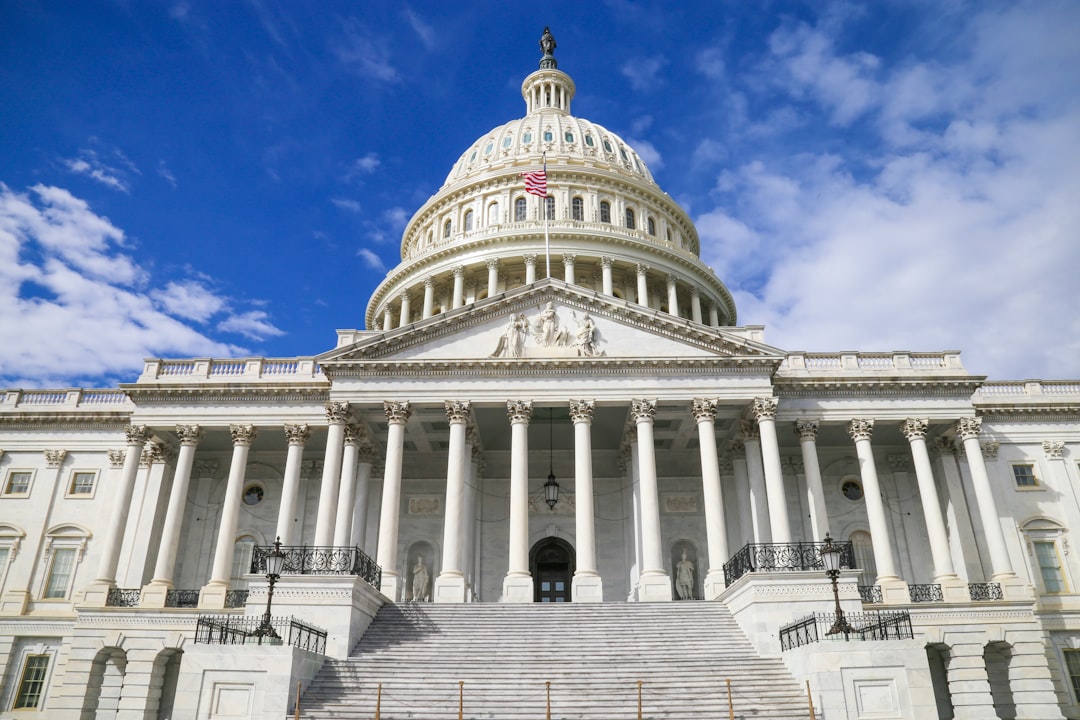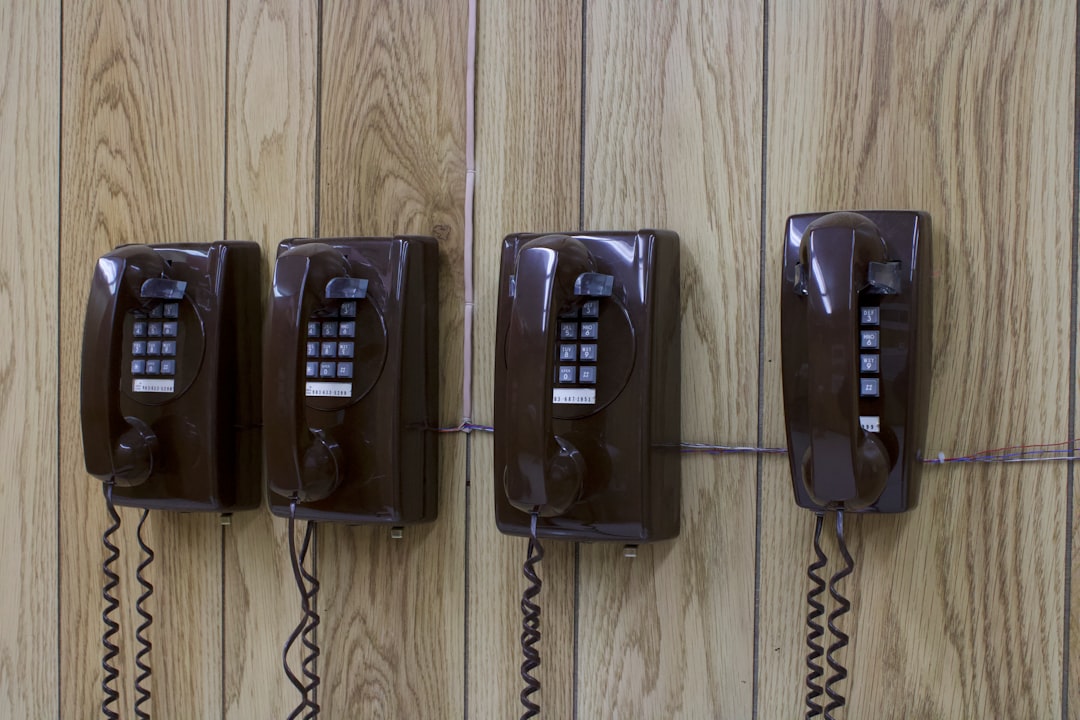Kirkland residents face frequent spam texts from scammers posing as banks or government agencies. Legitimate organizations never request personal info via text. Reporting these scams helps protect others and may involve local authorities or telecom companies. Stay vigilant against phishing attempts, identity theft, and "spam call lawyers" in Washington. Save, forward, and report suspicious messages to the FTC. Document, block, and report persistent or threatening messages to spam call lawyers in Washington for legal guidance under state anti-spam laws.
In today’s digital age, no one is immune to scam texts, including Kirkland residents. Understanding how to identify and report these deceptive messages is crucial for protecting yourself and your personal information. This guide breaks down common scams targeting Kirkland residents, provides tips on spotting red flags in phone messages, outlines steps to take action, and explains your rights under Washington state law when dealing with spam calls. Stay informed and empower yourself against these insidious tactics with the help of our experienced spam call lawyers in Washington.
Understanding Spam Texts in Kirkland

In today’s digital age, residents of Kirkland, like many across Washington, frequently encounter scam texts that attempt to trick them into revealing personal information or providing financial details. These spam calls and messages are part of a sophisticated criminal scheme designed to take advantage of unsuspecting individuals. Understanding the tactics these scammers employ is crucial for residents to protect themselves.
Spam texts often masquerade as official communications from banks, government agencies, or even local businesses, claiming there’s an issue with your account that requires immediate attention. They may threaten legal action, demand payment, or ask for sensitive data under the guise of resolving a problem. It’s essential for Kirkland residents to remember that reputable organizations will never contact you via text to request personal information or immediate payment. If you receive such a message, it’s likely a scam, and reporting it to local authorities or telecommunications companies can help protect others from falling victim.
Common Scams Targeting Residents

Kirkland residents are often targeted by various scam texts, which have become increasingly prevalent in recent years. These deceptive messages can take many forms, but some common scams include phishing attempts aimed at stealing personal information and identity theft. Scammers may pose as official entities, such as banks or government agencies, to trick recipients into revealing sensitive data.
One of the more insidious trends is the rise of spam call lawyers in Washington, where residents are received unsolicited texts claiming they’ve been involved in an accident or lawsuit. These messages often urge immediate action, demanding that the recipient return a call or face dire consequences. It’s crucial for Kirkland residents to be vigilant and cautious when encountering such texts, as they may lead to financial loss or identity theft if not handled properly.
Identifying Red Flags in Phone Messages

Kirkland residents often receive unsolicited phone messages, many of which can be scam attempts disguised as legitimate communications. To protect yourself, it’s crucial to learn how to identify red flags in text messages. Spammers and fraudsters frequently use urgent language, threats of legal action, or false promises of prizes to trick recipients into providing personal information. If a message claims that you’ve won a prize but demands immediate payment or threatens legal action unless you respond within 24 hours, it’s likely a scam.
Pay close attention to the sender’s number and any misspellings or unusual formatting in the text. Spam call lawyers in Washington have seen an uptick in these types of scams, so being vigilant is essential. If something feels off about a message, don’t hesitate to verify its authenticity through official channels or consult with local law enforcement or consumer protection agencies.
Reporting Spam: Steps to Take Action

If you’ve received a spam text message in Kirkland, it’s crucial to take action and report it. The first step is to save the message as evidence, including any contact information or links provided. Then, forward the message to the Federal Trade Commission (FTC) using their dedicated spam reporting tool. This helps track and shut down spam operations.
Additionally, consider involving Spam call lawyers in Washington if the messages are persistent or threatening. They can guide you through legal options available against these aggressive marketers. Your collective efforts contribute to a safer digital environment for Kirkland residents.
Your Rights and Legal Protection

As a Kirkland resident, you have rights when it comes to protecting yourself from scam texts and phone calls. These include the right to privacy and to be free from unwanted and fraudulent communications. If you’ve received suspicious or deceptive text messages, especially those posing as official government warnings or claiming emergency situations, know that there are legal protections in place.
In Washington state, there are strict laws against spam calls and texts, including those used for phishing scams or identity theft. Spam call lawyers in Washington can guide you on how to report these incidents effectively, helping to stop the cycle of fraud and protect your personal information. By documenting the messages, blocking the sender, and reaching out to local law enforcement or consumer protection agencies, you can play a vital role in combating these malicious activities.






